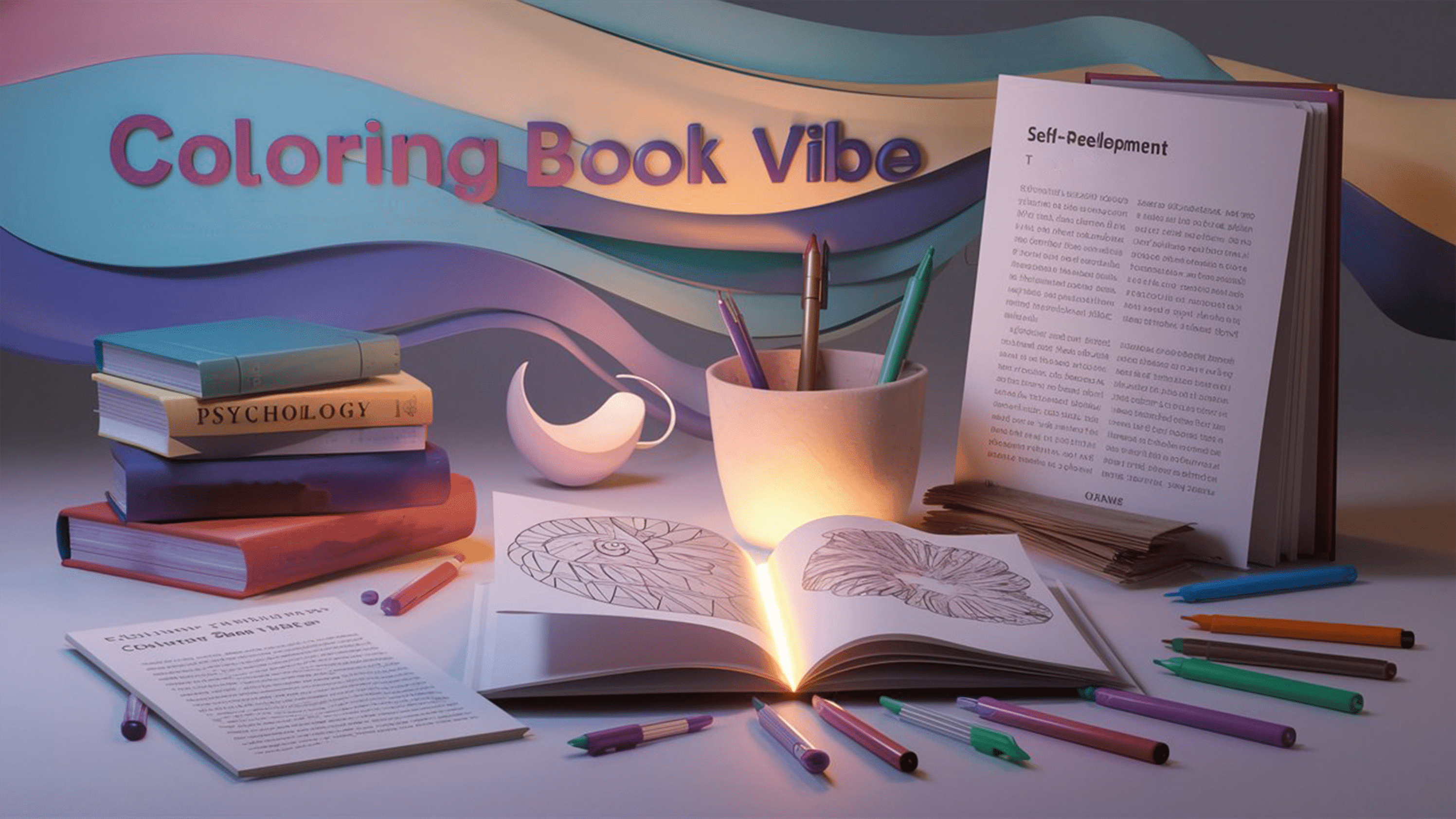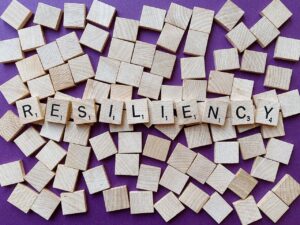Introduction: The Power of Self-Acceptance
In a world constantly pushing us to be better, stronger, or more successful, we often forget the importance of simply accepting who we are. The journey to self-acceptance is not about giving up on self-improvement but about embracing who you are at your core, flaws and all. When you learn to accept yourself, everything else begins to fall into place. Relationships become healthier, stress diminishes, and you start living a life that feels more aligned with your true self.
In this article, we’ll explore what self-acceptance truly means, why it’s crucial for mental well-being, and how embracing yourself fully can lead to a more fulfilling, balanced life.
1. What is Self-Acceptance?
Self-acceptance is the ability to embrace all aspects of yourself—your strengths, weaknesses, successes, and failures—without judgment. It means acknowledging your worth, regardless of external achievements or validation. It’s about letting go of the need to constantly improve or conform to societal standards and accepting that you are enough as you are.
- Key concept: Self-acceptance isn’t about complacency. It doesn’t mean you stop growing or striving for better. It’s the foundation that allows you to grow in a healthy, sustainable way, free from self-criticism.
The Difference Between Self-Acceptance and Self-Improvement
Self-acceptance and self-improvement might seem contradictory, but they are deeply intertwined. While self-acceptance focuses on embracing who you are in the present, self-improvement is the process of making positive changes based on self-awareness. True growth starts from a place of acceptance, not self-loathing.
2. Why Self-Acceptance is Crucial for Mental Health
Accepting yourself is the cornerstone of emotional well-being. When you stop fighting who you are, you reduce the mental energy spent on stress, anxiety, and self-doubt. This shift leads to profound benefits for your mental and emotional health:
a. Reduced Stress and Anxiety
When you accept yourself, you release the pressure to constantly prove your worth. The stress that comes from comparing yourself to others or striving for unattainable standards diminishes. You’re more present, and life becomes less about perfection and more about genuine contentment.
b. Increased Resilience
Self-acceptance builds resilience because it fosters emotional stability. When you accept your flaws and mistakes, you are better equipped to handle failures and setbacks. You recognize that challenges are part of life and not a reflection of your worth.
c. Better Emotional Regulation
Accepting your emotions without judgment allows you to process feelings more effectively. Instead of suppressing negative emotions like anger, sadness, or fear, self-acceptance encourages you to experience them fully, leading to healthier emotional regulation and balance.
d. Enhanced Self-Esteem
When you accept yourself, you begin to recognize your intrinsic worth. This naturally improves self-esteem, making you feel more confident and grounded in who you are, regardless of external validation or achievements.
3. How Self-Acceptance Improves Relationships
Self-acceptance also plays a crucial role in improving the quality of your relationships with others. When you accept yourself, you are less likely to seek validation from external sources. This shift leads to more authentic, meaningful connections.
a. Authenticity in Relationships
When you stop pretending to be someone you’re not, you attract people who appreciate the real you. Authenticity fosters trust and deeper bonds in relationships, whether with friends, family, or romantic partners.
b. Healthy Boundaries
Self-acceptance empowers you to set healthy boundaries. You begin to understand your worth and what you deserve in relationships, leading to more balanced and respectful interactions.
c. Reduced Codependency
When you accept yourself, you become less reliant on others to fulfill emotional needs. This reduces codependency, where your self-worth is tied to someone else’s approval or presence.
4. Practical Steps to Cultivate Self-Acceptance
Developing self-acceptance is an ongoing journey that requires practice and patience. Here are actionable steps to help you cultivate self-acceptance:
a. Practice Self-Compassion
Self-compassion involves treating yourself with the same kindness and understanding that you would offer a close friend. When you make mistakes or experience failure, remind yourself that you are human, and it’s okay to be imperfect.
- Action step: Create a self-compassion ritual. When you’re feeling down, write yourself a kind note or repeat affirmations like, “I am enough” or “I am worthy, just as I am.”
b. Stop Comparing Yourself to Others
Comparing yourself to others is one of the quickest ways to undermine self-acceptance. Remember that everyone’s journey is different, and comparing your life to someone else’s highlight reel only leads to unnecessary dissatisfaction.
- Action step: Limit your time on social media or unfollow accounts that trigger feelings of inadequacy.
c. Celebrate Your Strengths
While self-acceptance includes embracing your flaws, it’s equally important to celebrate your strengths. Recognize what makes you unique and valuable, and take pride in your achievements and talents.
- Action step: Keep a “success journal” where you record your accomplishments, both big and small, to remind yourself of your worth.
d. Let Go of Perfectionism
Perfectionism is often the enemy of self-acceptance. It’s based on the false belief that if you could just be flawless, you would be worthy. Letting go of this mindset allows you to accept your imperfections and find peace in being “good enough.”
- Action step: Set realistic goals for yourself. Instead of aiming for perfection, focus on progress and effort.
e. Practice Mindfulness
Mindfulness helps you stay present and observe your thoughts and emotions without judgment. It’s a powerful tool for cultivating self-acceptance because it encourages you to embrace the present moment and let go of self-criticism.
- Action step: Dedicate a few minutes each day to mindfulness meditation or deep breathing exercises to center yourself and increase self-awareness.
5. The Long-Term Benefits of Self-Acceptance
The beauty of self-acceptance is that its effects ripple outward, transforming not only your internal world but also your external experiences. Here’s what happens when self-acceptance becomes a consistent practice:
a. Greater Sense of Peace
You become more at peace with yourself and the world around you. The constant battle with who you are fades, and you develop a more grounded sense of calm.
b. Increased Motivation for Positive Change
Paradoxically, self-acceptance often leads to more motivation for positive change. When you stop criticizing yourself, you free up mental space and energy to pursue growth from a place of love, not pressure.
c. Sustainable Happiness
Instead of chasing fleeting moments of happiness tied to external achievements, self-acceptance brings a deeper, more sustainable form of joy. This kind of happiness is rooted in contentment with who you are, not what you accomplish.
Conclusion: Everything Falls Into Place with Self-Acceptance
Self-acceptance is a powerful tool for transforming your life. When you embrace who you are, flaws and all, you create the foundation for a healthier mind, stronger relationships, and a more fulfilling life. By following the steps outlined in this article, you can begin the journey toward self-acceptance and experience the profound benefits it offers.
Remember, self-acceptance is not a destination but a lifelong practice. As you cultivate it, you’ll find that everything else in your life begins to fall into place.

The Therapeutic Power of Coloring: How Art Relieves Stress and Anxiety
Coloring has evolved from a childhood pastime into a therapeutic tool used by adults to combat stress and anxiety. The simplicity of this activity hides its profound benefits on mental health. From promoting mindfulness to stimulating creativity, coloring has emerged as an accessible and effective method for stress relief. In this article, we’ll explore how coloring provides a break from daily stressors, its effects on brain function, and how it can be incorporated into your routine as a method of coping with anxiety.
Let your imagination run free, Immerse yourself in a world of colors and beauty. Remember, your mental well-being is priceless.
Team coloringbookvibe.com

Coloring Book Vibe is a dedicated publisher of captivating coloring books, along with instructional books on drawing and coloring techniques. We are deeply passionate about the art of coloring, ensuring our designs are always intricate, beautiful, unique, and often infused with a touch of humor. We highly value our customers and always welcome feedback and suggestions. Our collection features an incredible array of coloring books across various genres, including Fantasy, Animals, Mandalas, Doodle Patterns, Floral, Landscapes, Country Scenes, and more.



